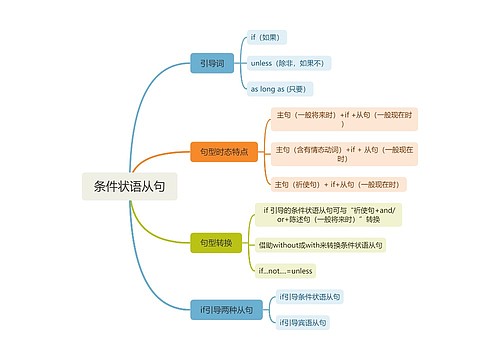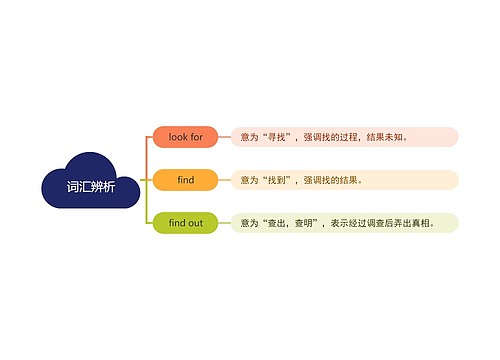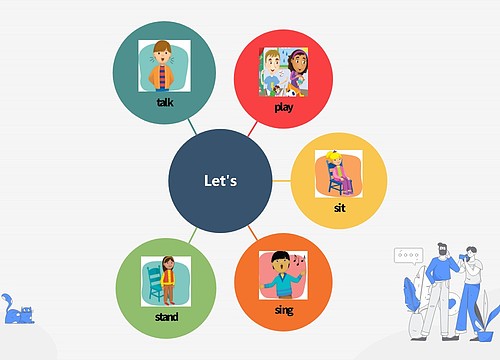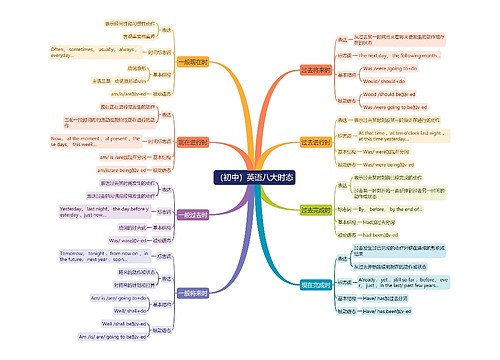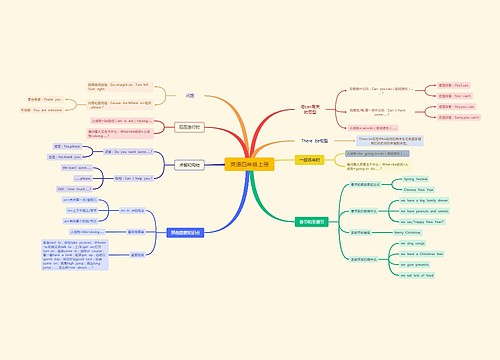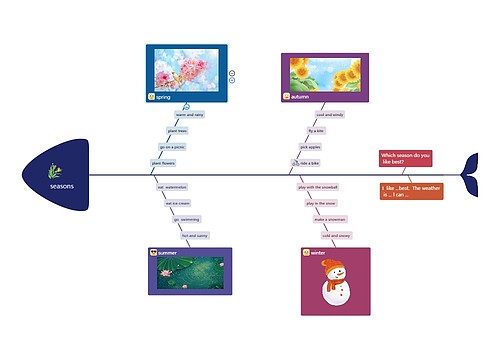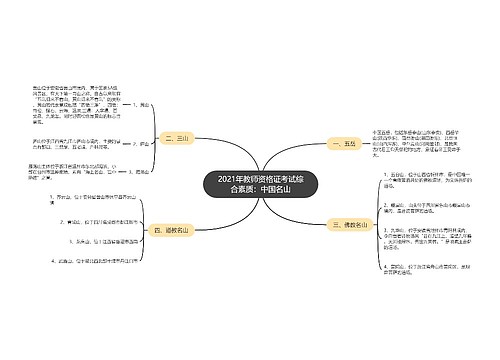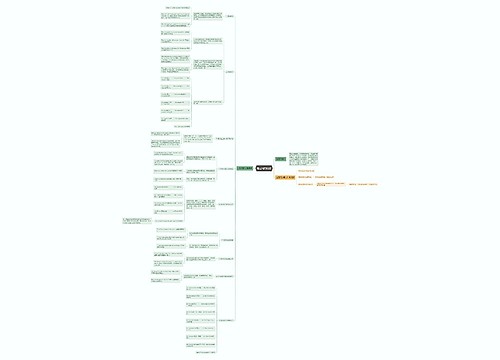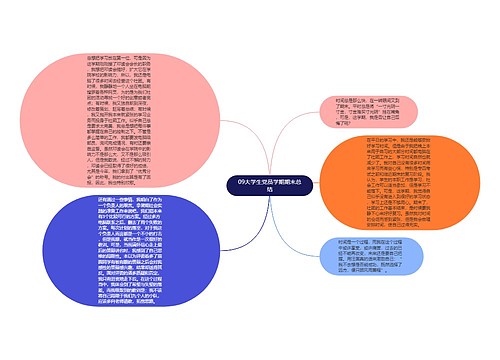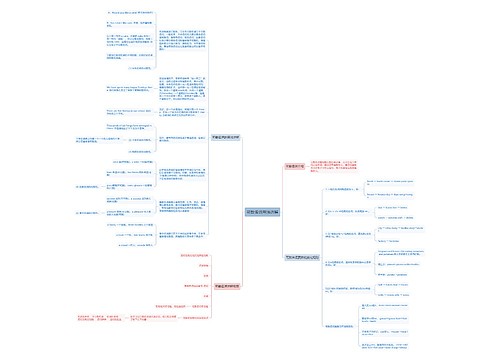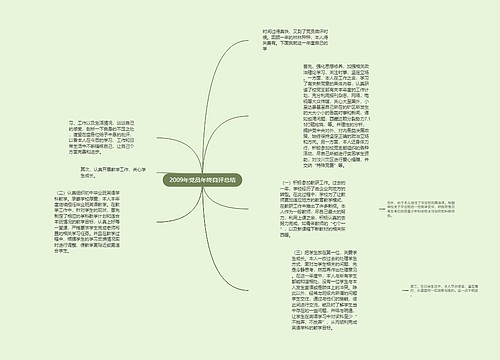
零冠词思维导图
女痞
2023-03-13

资料
高中英语语法
零冠词
树图思维导图提供《零冠词》在线思维导图免费制作,点击“编辑”按钮,可对《零冠词》进行在线思维导图编辑,本思维导图属于思维导图模板主题,文件编号是:c1b4d90953d36777affd031662e173fc
思维导图大纲
相关思维导图模版
零冠词思维导图模板大纲
零冠词基础知识
零冠词(Zero articles )是指名词前面没有不定冠词( a、an )、定冠词( the ),也没有其他限定词的现象。零冠词也是冠词的一种,一般表示为“/”。而在文法中则根本不表示,“/”是英语词汇中最特殊的词,它没有拼写,没有读音,通常在口语表示时只是很短的停顿,但它的用法确实起着重要作用。“零冠词+场所”表示其功能,引申,抽象的意思。
零冠词的用法讲解
1. 用于物质名词前。
物质名词表示泛指或一般概念时,通常用零冠词:
Water boils at 100℃. 水在摄氏100度沸腾。
Blood is thicker than water. 水浓于水(即亲人总比外人亲)。
表示泛指或一般概念的物质名词前,即使有一描绘性修饰语,仍用零冠词:
Don't eat rotten food. 不要吃腐烂的食物。
注:
(1) 若特指,物质名词前可用定冠词:
Is the water in the well fit to drink? 这井里的水能喝吗?
(2) 表示一种、一杯、一场、一阵、一份等这样的概念时,可用不定冠词:
This is a very good wine. 这是一种很好的酒。
A coffee, please. 请给我来杯咖啡。
It was very cold and a heavy snow was falling. 当时天气很冷,正在下大雪。
2. 用于抽象名词前。
抽象名词表示泛指或一般概念时,通常用零冠词:
Do you like music? 你喜欢音乐吗?
Failure is the mother of success. 失败是成功之母。
表示泛指或一般概念的抽象名词前,即使有一描绘性修饰语,仍用零冠词:
I like light music very much. 我非常喜欢轻音乐。
注:
(1) 若特指,抽象名词前可用定冠词:
I like the music of Mozart. 我喜欢莫扎特的曲子。
(2) 若表示一种、一类、一方面、那种、这种等这之类的概念时,可用不定冠词:
He lives a happy life. 他过着幸福的生活。
Physics is a science. 物理是一门科学。
(3) 表示动作的一次、一例、一番等时,可用不定冠词:
Let me have a look. 让我看一看。
(4) 表示与抽象名词意义相关的具体的人或事,可用不定冠词:
The book is a delight to read. 这书读来很有趣。
3. 用于专有名词前。
在通常情况下,专有名词前用零冠词:
Smith lives in London. 史密斯住在伦敦。
注:
(1) 若特指,专有名词前有时也可用定冠词:
The Smith you’re looking for no longer lives here. 你找的那个史密斯不住这儿了。
(2) 专有名词前使用不定冠词和定冠词的其他情况,见本章有关内容。
4. 用于复数名词前。
复数名词表示类别时,通常用零冠词:
Teachers should be respected. 教师应该受到尊重。
泛指不定量的人或物,也用零冠词:
We are students of Class Five. 我们是五班的学生。
注:若特指,复数名词前应用定冠词:
The teachers should attend the meeting 教师应参加会议。
5. 用于单数可数名词前。
单数可数名词前用零冠词,主要有以下情况:
(1) 用于表示家庭成员或 nurse, cook, teacher 等名词前:
Mother is not at home. 妈妈不在家。
Ask nurse to put the child to bed. 叫保姆孩子抱到床上去睡觉。
Teacher was satisfied with our work. 老师对我们的工作很满意。
(2) 用于动词 turn(变成),go(变成)后作表语的名词通常用零冠词:
He was a teacher before he turned writer. 他在成为作家之前是教师。/zn
He has gone socialist. 他成了社会主义者。
(3) 在让步状语从句的倒装句式中,单数可数名词通常用零冠词:
Child as he is, he knows a lot. 他虽然是个孩子,但已经很懂事了。
Teacher though he is, he can't know everything. 他虽然是老师,但也不可能什么都懂。
(4) 单数可数名词用作呼语,通常用零冠词:
How is she, doctor? 医生,她怎么样?
Can you drive me to the station, driver? 司机,请送我去车站,好吗?
(5) 在某些独立结构中通常用零冠词:
The teacher came in, book in hand. 老师走进教室,手里拿着书。
He was sitting in the chair, pipe in mouth. 他坐在椅子里,嘴里叼着烟斗。
(6) 在“ kind [sort] of+名词”这一结构中,名词通常用零冠词:
This kind of book is very interesting. 这种书很有趣。
He is the sort of person I really dislike. 他这种人我真不喜欢。
注:注意以下两句在含义上的差别:
What kind of car is it? 这是什么牌子的车?
What kind of a car is it? 这种车质量如何?
(8) 当单数可数名词含义抽象化具有形容词意味时,通常用零冠词:
The man was more animal than man. 那个人与其说是人,不如说是畜生。
I was fool enough to accept his offer. 我接受他的提议真是太傻了。
Are you man enough for this dangerous job? 你有勇气敢做这项危险的工作吗?
5. 其他用零冠词的场合
(1) 节假日、星期、月份、季节等通常用零冠词:
We had a good time on Christmas Day. 我们在圣诞节过得很愉快。
Monday comes before Tuesday. 星期二在星期一之后。
He was born in September, 1988. 他出生在1988年9月。
注:
① 我国用 Festival 构成的传统节日通常用定冠词:the Spring Festival 春节 / the Mid-autumn Festival [the Moon Festival] 中秋节
② 若表示特指或心目中的专指,星期、月份、季节等名词前可用定冠词:
He went abroad in the September of 1988. 他于1988年9月出国。
He came on the Sunday and went away on the Monday. 他星期日来,星期一就走了。
③ 表示“某一个”或受描绘性定语修饰表示“某种”这样的意义时,节日、星期、月份、季节等名词也可用不定冠词:
My birthday happened to be on a Saturday. 我的生日碰巧是星期六。
She came round to see me on a sunny Sunday. 她在一晴朗的星期日来看了我。
We had a nice Christmas. 我们过了一个愉快的圣诞节。
④ 当季节名词不强调时间而强调季节的内涵时,通常用 the:
Winter is coming. 冬天要来了。(单纯指冬天的时间)
The winter is coming. 冬天要来了。(暗示寒冷)
(2) 某些表示自然界时间变化现象的名词,与某些介词(如at, after, before, till,
until, towards, from 等)构成短语时,通常用零冠词:
at day-break 在天亮时 before dawn 在天亮前
at dusk 在黄昏时 after sunset 在日落后
after sunrise 在日出前 until sundown 直到日落
towards dark 天快黑时 at midnight 在半夜
from dawn till dusk 从早到晚
当 day, night, evening, morning, afternoon 等表示抽象的时间概念时,通常用零冠词:
Night fell. 天黑了。
Evening came on. 夜幕来临。
It was late afternoon before he reached home. 傍晚时候他才到家。
(3) 球类、三餐、茶点等名词前,通常用零冠词:
We play basketball in the afternoon. 我们下午打篮球。
What do you have for breakfast? 你早餐吃什么?
They were at tea when I called.我来访时他们正在喝茶(吃茶点)。
注:
① 球类名词若不是作为一项体育活动看待,而是作为一个实实在在的东西来看待,则可以用冠词:
The basketball is mine. 这个篮球是我的。
He bought a basketball. 他买了一个蓝球。
② 三餐饭被特指可用定冠词,若受形容词修饰且非特指,可用不定冠词:
The supper she cooked was delicious. 她做的晚餐很可口。
We had a good lunch at Uncle's. 我们在叔叔家吃了顿丰盛的午餐。
(4) 当名词后接有数词表示顺序时,名词前通常用零冠词:
Lesson 10 is more interesting than Lesson 11. 第10课比第11课更有趣。
There's a picture of a ship on page 15. 在第15页有张一艘船的照片。
(5) 公园、广场、学校、语言等名词前通常用零冠词:
Hyde Park 海德公园 Central Park (纽约)中内公园
Zhongshan Park 中山公园 Tian An Men Square 天安门广场
speak English 说英语 Beijing University 北京大学
注:
当语言名词表特指意义或指某一语言中的对应词时,通常用定冠词:
he English spoken in America and Canada 在美国和加拿大讲的英语
What's the English for this? 这个东西用英语怎么说?
另外,在语言名词后加上 language一词时,也要用冠词:the English language。
(6) 表示学习、生活、娱乐等的单数名词,若表示相关的活动时,通常用零冠词:
go to school (bed, church, town, class, college, etc) 去上学(睡觉,做礼拜,进城,上课,上大学,等)
in bed (school, class, college, church, prison, hospital, etc) 在睡觉(上学,上课,上大学,做礼拜,坐牢,住院,等)
be sent to hospital (prison) 被送往医院住院或治疗(关进监狱)
School is over at twelve. 12点放学。
注:
① 若不是指活动,而是指具体的实物,则要用冠词。比较:
go to the bed 到床边去(侧重指“床”这个实体)
go to bed 上床睡觉(侧重指与“床”有关的活动,即睡觉)
be in the school 在这所学校里(侧重指“学校”这个地点)
be in school 在上学(侧重指与“学校”有关的活动,即读书)
② 但是cinema, theatre是例外,它们表示相关活动时,其前要用定冠词:+
He often goes to the cinema (theatre). 他经常去看电影(看戏)。
I prefer the cinema to the theatre. 我喜欢看电影,不喜欢看戏。
③ 有时定冠词和零冠词的选择与英美英语的不同习惯有关:
in hosptital(英)住院 in the hospital(美)住院
go to university(英)上大学 go to the university(美)上大学
at table(英)在吃饭 at the table(美)在吃饭
(7) 某些用介词 by 构成的方式的短语通常用零冠词:
① 表示乘坐交通工具:
by bus 乘公共汽车 by bike (bicycle) 骑自行车
by plane / by air乘飞机 by ship (boat) 坐船
by land 走陆路 by sea 从海路
② 表示用通讯或通信等方式:
by phone 用电话 by telegram 用电报
by letter 用信件 by post 用邮寄
by radio 用无线电 by hand 用手工
(8) 表示正式的或独一无二的头衔或职位等,在用作宾语、表语、补语或同位语时,通常用零冠词:
John is captain of the team. 约翰是足球队的队长。
He is head of the foreign languages department. 他是外语系主任。
注:尽管有时也有用定冠词的现象,但以零冠词为普通。
(9) 单数可数名词紧密联系的平行结构,通常用零冠词:
They are brother and sister. 他们是兄妹。
Please pass me pencil and paper. 请把纸笔递给我。
Boy and girl came up to me together. 一个男孩和女孩一起向我走来。
(10) 有些短语用零冠词和定冠词均可,只是含义不同:
out of question毫无疑问 out of the question不可能,不值得考虑的
keep house 料理家务 keep the house 呆在家里不外出
in charge of 负责,管理,主管 in the charge of 在…的管理(负责)之下
(11) 许多习语用零冠词:
catch fire 着火 give way 让路 lose heart 灰心
move hosue 搬家 send word 捎信 take place 发生
by chance 偶然 catch sight of 看见 make use of 利用
六、一点补充说明
以下用法的the有人认为是冠词,有人认为是副词:
1. 用于最高级前:
Of all her children, Mary is the most honest. 她的三个孩子中,玛丽是最诚实的。
2. 用于比较级前,表示某人或某物比以前更好或更坏,此时句中通常会有表示原因、理由或条件的短语或从句:
I feel the better for my walk. 散了一下步我觉得舒服多了。
I love him all the more for his faults. 正因为他这些缺点,所以我越发爱他。
3. 用于“the +比较级,the +比较级”,表示“越…越…”:
The more a man has, the more he wants. 人越有越想要。
The higher up we go, the colder it becomes. 越往上走,天气就越冷。
零冠词的用法讲解视频
更多冠词的用法讲解视频
零冠词的用法练习题
暂无相关练习题,稍后会更新
零冠词其他相关知识点
在学习完零冠词的用法之后,您可能还需要了解下以下内容:
冠词的位置 定冠词的用法 不定冠词的用法
查看更多
九年级英语零冠词的基础知识整理2023思维导图
 蓝胖子
蓝胖子树图思维导图提供《九年级英语零冠词的基础知识整理2023》在线思维导图免费制作,点击“编辑”按钮,可对《九年级英语零冠词的基础知识整理2023》进行在线思维导图编辑,本思维导图属于思维导图模板主题,文件编号是:b1c4f23b980d167a2613b21aa7584a52
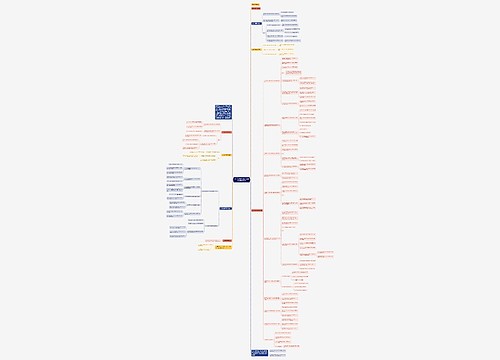
七年级英语关于零冠词的用法知识点复习思维导图
 青衣衫
青衣衫树图思维导图提供《七年级英语关于零冠词的用法知识点复习》在线思维导图免费制作,点击“编辑”按钮,可对《七年级英语关于零冠词的用法知识点复习》进行在线思维导图编辑,本思维导图属于思维导图模板主题,文件编号是:1b0564a498706e25898b58afdb3d5abb
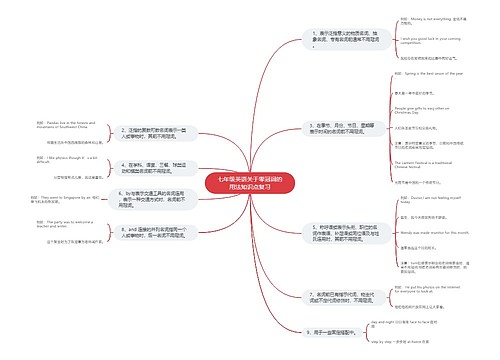
相似思维导图模版
首页
我的文件
我的团队
个人中心
